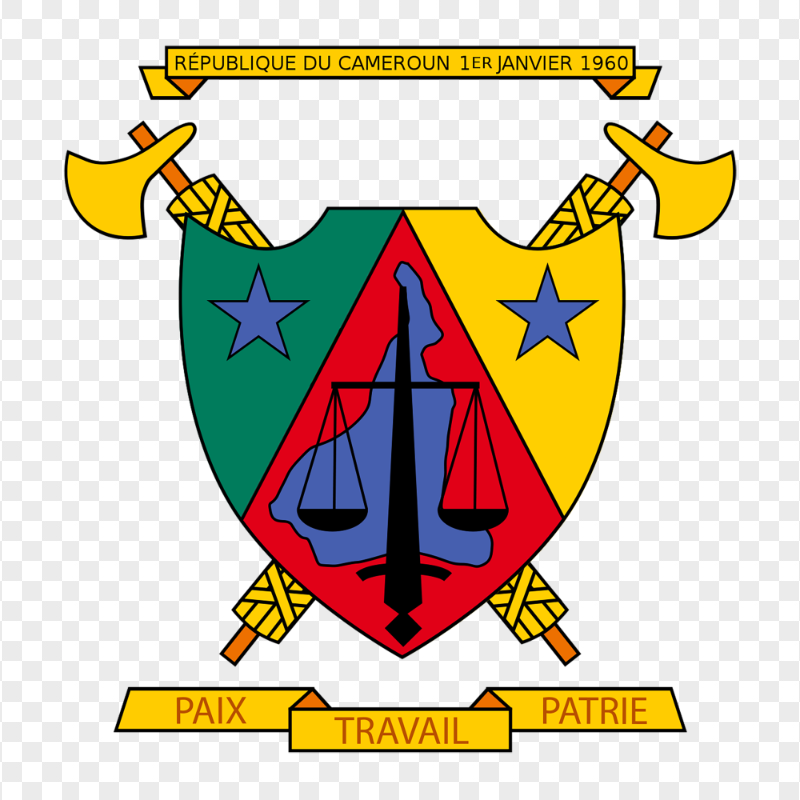Law and Politics in Ndu
A Brief Overview
Ndu, a vibrant municipality in Cameroon, is governed by a complex interplay of traditional, customary, and statutory laws. This blend of legal systems shapes the social, economic, and political landscape of the region.
Traditional Law and Customary Practices
Traditional law, deeply rooted in the cultural and historical context of Ndu, continues to influence various aspects of life, including land ownership, inheritance, and dispute resolution. Customary practices, often passed down through generations, play a significant role in regulating social behaviour and maintaining social order.
Statutory Law and Governance
Ndu, like other municipalities in Cameroon, is subject to the national legal framework. Statutory laws, enacted by the Cameroonian government, govern a wide range of issues, including criminal law, civil law, and administrative law. The Ndu Council, as a local government body, plays a crucial role in implementing these laws and policies at the local level.
Challenges and Opportunities
The interplay of traditional and statutory laws in Ndu presents both challenges and opportunities. While traditional law provides a sense of identity and community, it can sometimes conflict with modern legal principles. To address these challenges, it is essential to:
- Promote Legal Literacy: Educate the public about their rights and responsibilities under both traditional and statutory law.
- Harmonize Laws: Seek to harmonize traditional and statutory laws to ensure consistency and fairness.
- Strengthen the Judiciary: Invest in the judiciary to ensure efficient and impartial administration of justice.
- Promote Good Governance: Encourage transparency, accountability, and participation in governance processes.
